-
Lab head
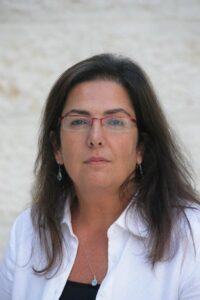
Professor Marcelle Machluf, Ph.D
Prof. Marcelle Machluf received her Ph.D. in the Unit of Biotechnology, Faculty of Chemical Engineering, Ben-Gurion University, Israel. Marcelle went on to complete a 5-year post-doctoral fellowship at Harvard Medical School under the supervision of Prof. Anthony Atalla. She joined the Technion in 2001 and received tenure in 2007; in 2012, she was promoted to full professor, and in 2016, she was awarded the Cathedra of Benno Gitter & Ilana Ben Ami Chair in Biotechnology. Prof. Machluf has authored over 90 peer-reviewed journal papers, published in leading generalized and specialized journals including Nature Biotechnology, Nano Letters, and Blood. Her papers have been cited over 6,500 times, awarding her an h-index of 48 (Google Scholar). Prof. Machluf has supervised more than 55 graduate and post-doctoral students from around the world and is teaching four undergraduate and graduate courses in nanoencapsulation, tissue engineering, mammalian cell technologies, and bioprocessing. Based on her scientific research findings, Prof. Machluf founded two start-up companies, NanoGhost and Meatafora.
E-mail: machlufm@tx.technion.ac.il
Management
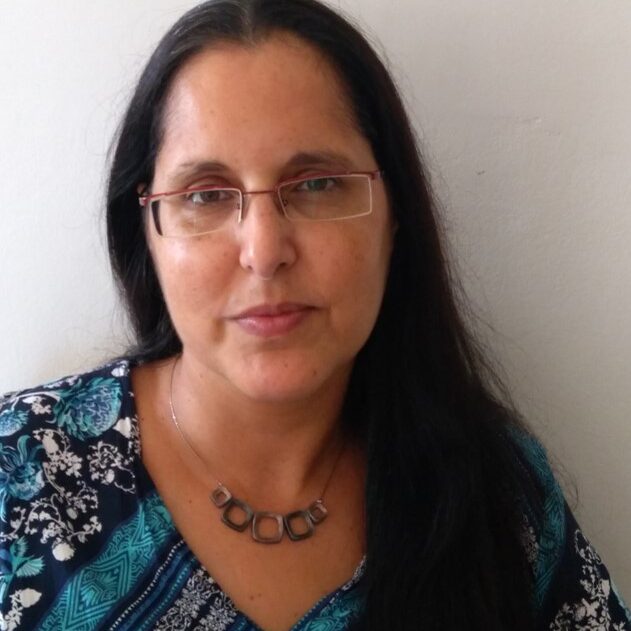
Dr. Limor Baruch, Ph.D
Lab manager and senior research fellow. Limor received her Ph.D. in Biotechnology Engineering from the Technion, under the supervision of Prof. Machluf. Her dissertation presented the development of two cell-microencapsulation platforms and their application for cancer treatment. In 2008, Dr. Baruch established the laboratory for crop quality at Kaiima Bio-Agritech Ltd. and managed it for six years. Dr. Baruch’s expertise includes the setup of laboratories and research fields, diverse analytical methodologies, and scientific consultancy in addition to cell-based therapy, drug delivery systems, regenerative medicine, and cultured meat. Limor was awarded the Herschel Rich innovation award in 2022.
E-mail: baruchl@bfe.technion.ac.il
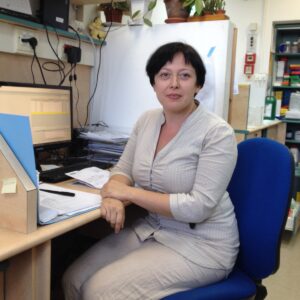
Ms. Inna Kovrigina, M.Sc.
Lab technician. Inna received her M.Sc. in Biology and Chemistry from Tver State University, Russia. In 2000, Inna worked as a researcher and lab technician in the Faculty of Medicine at the Hebrew University. Inna worked as a lab technician at Pharmaseed Ltd from 2003 to 2013, a position in which she was responsible for the formulation unit in the GLP lab.
E-mail: inna.ko777@gmail.com
Post & Graduate Students
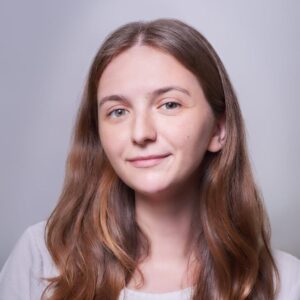
Dr. Anastasia Brandis, Ph.D., postdoc
Anastasia completed her B.Sc. in the Faculty of Biology at Herzen University, completed her M.Sc. in biotechnology at ITMO University in Saint-Petersburg, and finished her Ph.D. studies at Marcelle’s lab, Technion. Her research focuses on treating inflamed cardiac tissue using MSC-derived vesicles (Nano-ghosts) as a drug delivery system.
E-mail: Brandis@campus.technion.ac.il
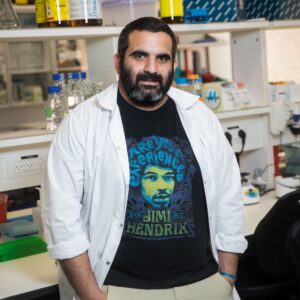
Shlomi Edri, Ph.D. student
Shlomi received his B.Med.Lab.Sc. from the Ben-Gurion University of the Negev, Israel, and his M.Sc. from the Hebrew University of Jerusalem. His Ph.D. research focuses on using Nanoghost as a platform for a targeted CRISPRi/a-based cancer immunotherapy.
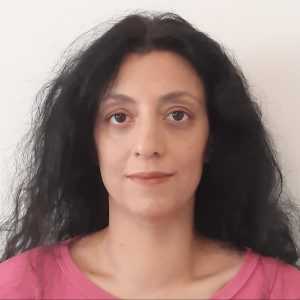
Dorit Hirschberg, Ph.D. student
Dorit completed her B.A at the Faculty of Biology at the Technion and her M.Sc. at Neve-Yaar research center. During her M.Sc., she researched genetic mapping of color traits and the discovery of flavonoid pigments in melons. Dorit also worked as a laboratory technician at the Technion Youth Center. Her Ph.D. research subject is brain cancer immunotherapy using MSC-derived vesicles, also known as nano-ghosts.
E-mail: bidorit9@gmail.com
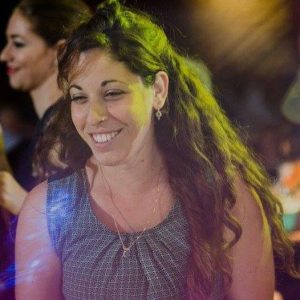
Hadar Lecker-Zivan, Ph.D student
Hadar received her B.Sc. in Biotechnology from Tel-Hai Academic College, Israel, and her M.Sc. in Plant Science from the Robert H Smith Faculty of Agriculture, Food and Environment of the Hebrew University of Jerusalem. Hadar worked in the biotech industry at Viaqua Therapeutics LTD. Her Ph.D. research focuses on using Nanoghost for cancer metastasis research.
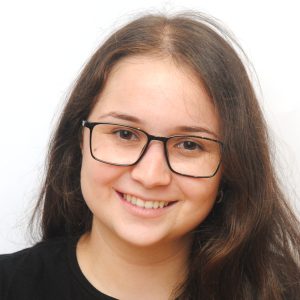
Lihi Lavidor, M.Sc. student
Lihi completed her B.Sc. studies in Biotechnology and Food Engineering at the Technion. Her M.Sc. research is focused on developing a 3D bioprinted tumor models that recapitulate the tumor’s microenvironment and complexity, designated for preclinical drug evaluation.
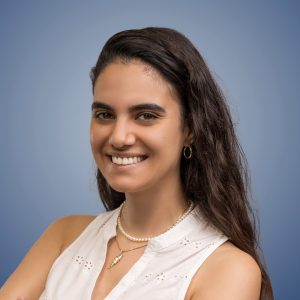
Avia Biton, M.Sc. student
Avia completed her B.Sc. studies in Biotechnology and Food Engineering at the Technion. Her M.Sc. research focuses on engineering NanoGhosts for cancer immunotherapy by modulating the cellular transcriptome to reverse tumor immune evasion.
E-mail: aviabiton@campus.technion.ac.il
Prof. Marcelle Machluf, Faculty of Biotechnology and Food Engineering. Technion – Israel Institute of Technology
